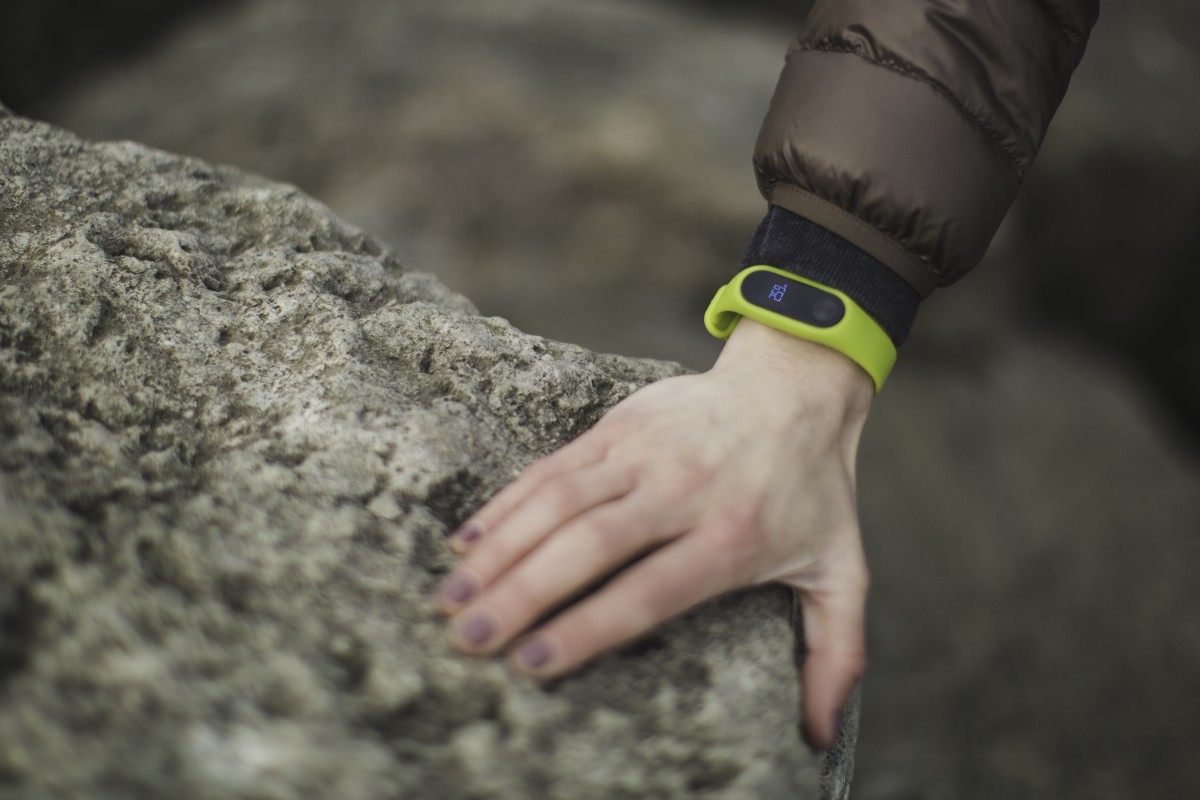
As a military mother, I’m always tuned to news that might affect my two older sons. Recently, they’ve have found themselves working on the same base, and have started using that good old sibling rivalry to egg each other on during lunch hour workouts. They use all kinds of apps to keep track of their progress — so I’m going to have to warn them of the new development in the “Strava saga,” that spooked the American military back in the winter.
Strava is an app that can be loaded on a smartphone or a device like a Fitbit, that automatically tracks running and cycling routes, and also accepts user-input data. In November of last year, the company released a heat map of every single activity uploaded to the app over two years of operation. This was a pretty cool move: you could look up the most popular exercise routes all over the world for inspiration, for one.
However, canny users soon spotted “hot” routes in unexpected places like Afghanistan, Syria, and Djibouti. Military analysts quickly realized that Strava data had been uploaded to the map automatically by servicepersons’ fitness trackers. As they jogged their bright orange routes gave away sensitive information about the location of bases, their configuration, and how many people worked there.
This week, the Pentagon has issued its response: active duty personnel are ordered to restrict their use of route-tracking exercise apps, at the discretion of their commanders. Exercise is critical to the armed forces; it’s important to note they aren’t banning the devices, just cracking down on anything that has geolocation capabilities.
“‘It goes back to making sure we’re not giving the enemy an unfair advantage and we’re not showcasing the exact location of our troops worldwide,’ Pentagon spokesman Col Rob Manning told reporters on Monday.
Areas, where they could be restricted, include military outposts being used against the so-called Islamic State in Syria. […]
‘The goal of this policy is to focus more on the features instead of the devices,’ Pentagon spokeswoman Maj Audricia Harris told the [BBC].
‘Next thing you know there might be contact [lenses] with the same capability, so we want to focus on the feature and not the actual medium.’”
Perhaps the Canadian forces will be next to ditch the telltale tech? If so, my sons are going to have to find some other — old-fashioned!— way to get inside each other’s heads at their work gym.